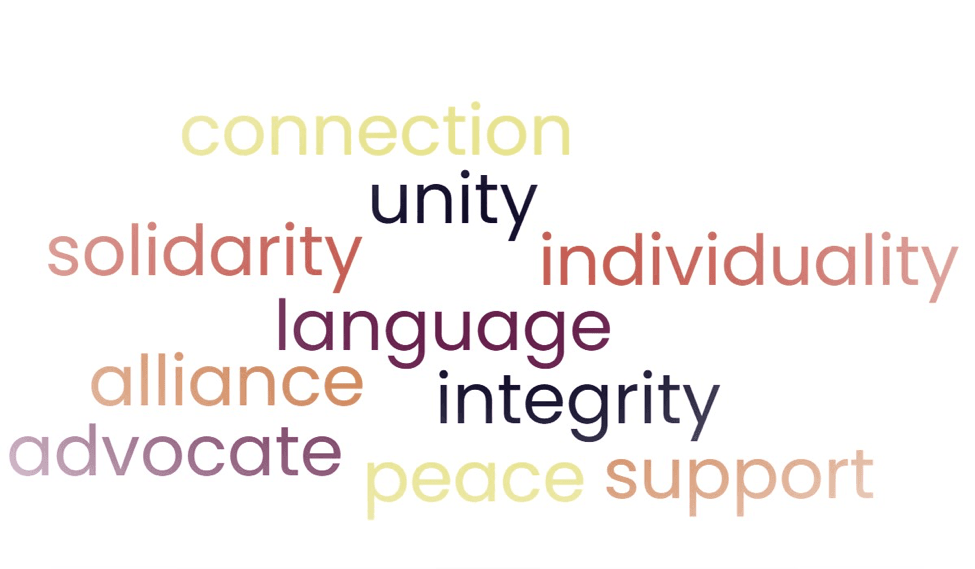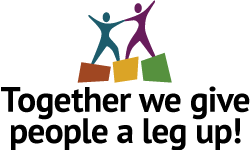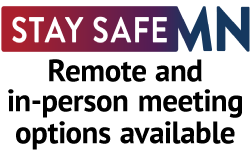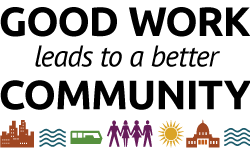
So What Exactly Is Language Discrimination?
Have you ever been in a situation where people made jokes about how others have spoken, or maybe you were at work, and someone asked another person to talk in English, or perhaps it was as simple as witnessing others ignore people because they felt it was too challenging to try and understand what they are saying; if you have heard or seen this, then you have witnessed a form of language discrimination.
Reflecting on Subtle Workplace Discrimination
According to the US code section 1324b, employees are prohibited from discriminating against individuals based on their citizenship or immigration status, but how is this measured and upheld? The challenges faced by non-native English speakers and the discrimination that may follow can prevent them from working and supporting their families, specifically with financial stability, food, clothes, and adequate education.
For more information on employee rights Click Here.
What Does Language Discrimination Look Like?
Language discrimination is the unfair treatment of an individual solely because of their native language or other speech characteristics. Language discrimination, of course, can happen directly or indirectly. Suppose you're in the workplace bringing up a concern to your boss, you explain the situation as best as you can but are then dismissed, and when you try to speak up, what you are saying doesn't come across. Yet again, you are ignored. This type of language discrimination seems subtle but can make it very challenging. Imagine being in a situation where you cannot truly convey how you feel and what you are trying to say; this is what language discrimination could feel like, and it happened to one of our job seekers.
Did You Know...
An employer must show a legitimate, nondiscriminatory reason to deny you an employment opportunity because of proficiency. This means that if an employee needs you to speak English for the safety of the job (such as when working in a warehouse or assembly), the employer must be explicit as to why they need you to be proficient in the language they request that you speak. Otherwise, this is known as language discrimination and can violate the US code section 1324b.
How Does This Pertain to Daily Work?
There are times when we are working with job seekers looking for new opportunities, and in doing so, we find that they have been victims of language discrimination. The job seeker has either been the victim of or witnessed subtle exchanges between peers, jokes about their origin, or blatant dismissal based on this language barrier, leaving the job seeker feeling helpless. Daily-Work makes it part of our goals to train out interns to help job seekers facing language barriers. The interns go through an extensive orientation process that shows them how to help the job seekers understand their true potentials, capabilities while also strengthening their autonomy. Sometimes this can be listening to the job seekers, and other times, that can be consoling them that their experience was real, and they deserve to be treated with respect.
Challenge Language Discrimination
Although it may be challenging to speak up when you notice subtle or direct behavior of language discrimination, it's important that you say something.
It is just as essential to check your own bias, prejudice, and the way you communicate with people who may not share the same native language as you do.
You can file a complaint here.











